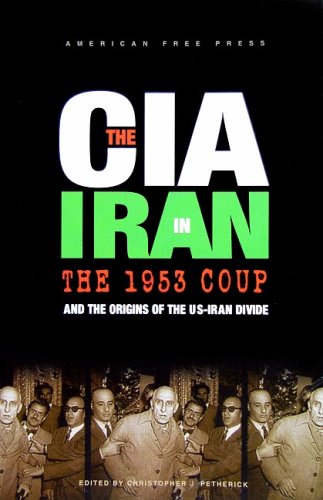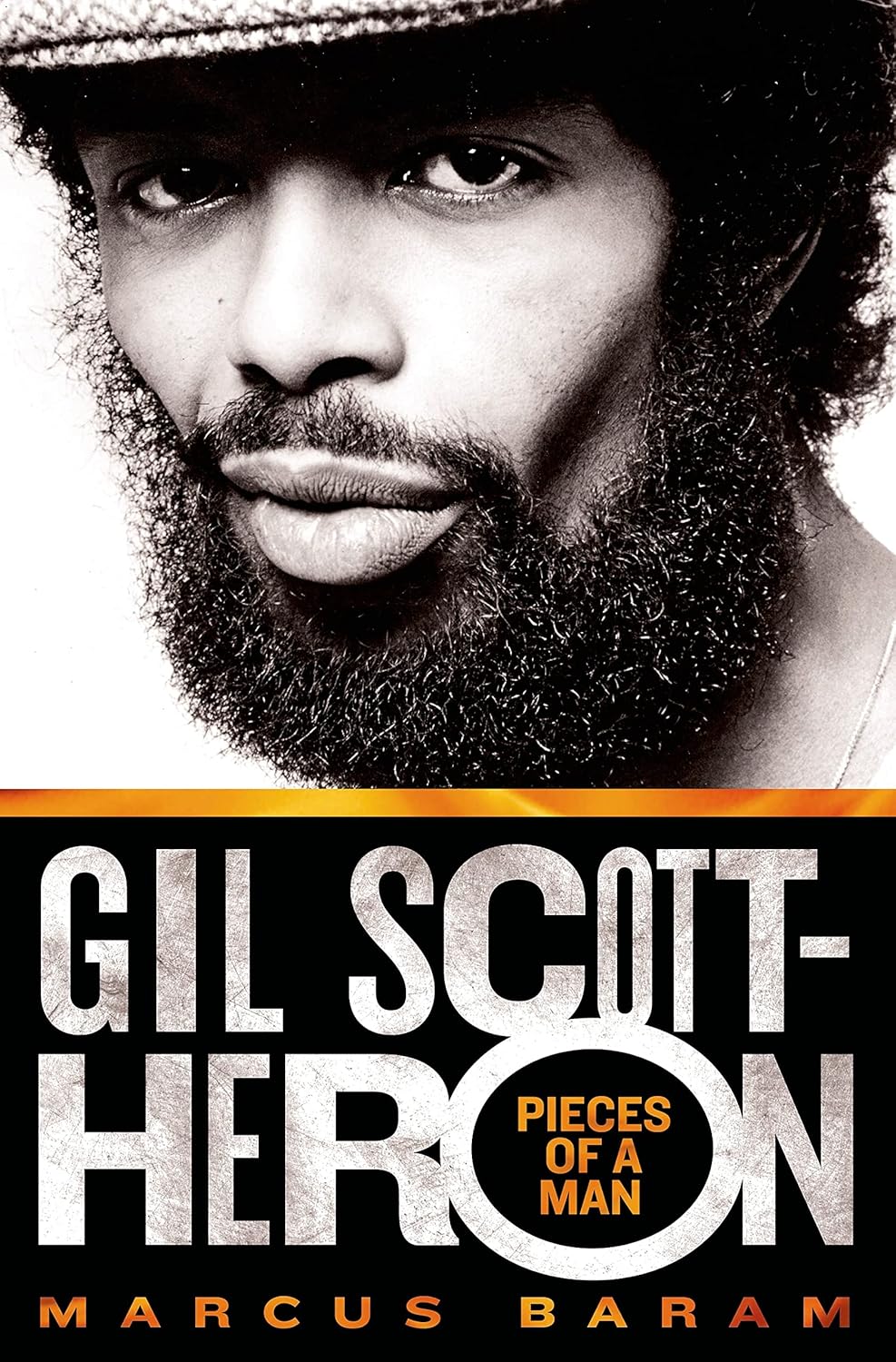
Book Summary
“A Different Hunger: Writings on Black Resistance” by A. Sivanandan is a collection of essays and writings that explore the complexities of Black resistance movements and the broader struggles against racism, colonialism, and oppression. Sivanandan, a prominent Sri Lankan-born activist, writer, and thinker, draws on his experiences and observations to examine the intersections of race, identity, and resistance. The book reflects on the historical context of Black struggles in the diaspora, the impact of systemic racism, and the ongoing fight for justice and equality. Through his thought-provoking analysis, Sivanandan calls for solidarity among marginalized communities and emphasizes the importance of understanding the roots of resistance in the fight against oppression.
The outline that follows captures the key themes and structure of A. Sivanandan’s “A Different Hunger: Writings on Black Resistance.” The book serves as a significant contribution to the discourse on race, resistance, and social justice, highlighting the importance of understanding the historical and contemporary struggles faced by Black communities around the world. Through his writings, Sivanandan emphasizes the need for solidarity and collective action in the fight against oppression and inequality.
I. Introduction
- A. Purpose of the book
- B. Overview of A. Sivanandan’s background and activism
- C. Importance of understanding Black resistance in contemporary society
II. Historical Context of Black Resistance
- A. The legacy of colonialism and its impact on Black communities
- B. Historical examples of Black resistance movements
- The civil rights movement in the United States
- Anti-colonial struggles in Africa and the Caribbean
- C. The evolution of Black identity and consciousness
III. Theoretical Framework
- A. Concepts of race and racism
- Definitions and distinctions between systemic and individual racism
- The role of intersectionality in understanding oppression
- B. The significance of diasporic identities
- Connections between global Black struggles
- The impact of migration on identity formation
IV. Contemporary Issues in Black Resistance
- A. The role of grassroots movements
- Case studies of contemporary Black activism
- The influence of social media on mobilization
- B. The intersection of race and class
- Economic inequalities faced by Black communities
- The importance of addressing class struggles alongside racial justice
- C. Global dimensions of Black resistance
- Solidarity with other marginalized groups
- International perspectives on race and resistance
V. Reflections on Solidarity and Collective Action
- A. The importance of building coalitions
- Historical examples of effective solidarity among marginalized communities
- Strategies for fostering collaboration across movements
- B. The role of education and political consciousness
- The necessity of historical awareness in activism
- Approaches to fostering political engagement among youth
VI. Conclusion
- A. Summary of key themes and insights
- B. Call to action for continued resistance and solidarity
- C. Vision for a more equitable and just society
A. Sivanandan’s “A Different Hunger: Writings on Black Resistance” is a compelling collection that delves deeply into the complexities of Black resistance movements throughout history and in contemporary society. Here’s a more detailed exploration of the key themes, insights, and implications presented in the book:
Detailed Exploration of Key Themes
1. Historical Context of Black Resistance
- Colonial Legacy: Sivanandan examines the enduring impact of colonialism on Black communities, both in Africa and within the diaspora. He discusses how colonial histories have shaped racial identities and fueled resistance movements. By tracing the roots of systemic racism, he provides a foundational understanding of the challenges faced by Black individuals and communities.
- Resistance Movements: The book highlights significant historical resistance movements, such as the civil rights movement in the United States and anti-colonial struggles across Africa and the Caribbean. Sivanandan emphasizes that these movements were not isolated events but part of a broader struggle against oppression and injustice, showcasing the interconnectedness of Black resistance globally.
2. Theoretical Framework
- Understanding Race and Racism: Sivanandan offers a nuanced analysis of race and racism, distinguishing between systemic and individual forms of racism. He explores how systemic racism is embedded in societal structures, institutions, and policies, perpetuating inequalities and injustices.
- Intersectionality: The book discusses the importance of intersectionality in understanding the experiences of Black individuals, emphasizing that race intersects with other identities, such as class, gender, and sexuality. This framework allows for a more comprehensive understanding of the complexities of oppression and resistance.
- Diasporic Identities: Sivanandan explores the significance of diasporic identities in shaping Black resistance. He highlights how migration and the experiences of living in different contexts contribute to the formation of unique identities and solidarity among Black communities worldwide.
3. Contemporary Issues in Black Resistance
- Grassroots Movements: The book showcases contemporary grassroots movements that have emerged in response to systemic racism and social injustice. Sivanandan highlights the role of organizations and activists in mobilizing communities and raising awareness on issues such as police brutality, economic inequality, and environmental justice.
- Social Media and Mobilization: Sivanandan addresses the transformative impact of social media on activism, particularly how it has facilitated the organization, communication, and mobilization of protests. He discusses how platforms like Twitter and Instagram have become vital tools for raising awareness and fostering solidarity.
- Intersection of Race and Class: The author stresses the need to address the intersection of race and class in the fight for justice. He argues that economic disparities faced by Black communities must be recognized and tackled alongside racial issues to create a more equitable society.
4. Reflections on Solidarity and Collective Action
- Building Coalitions: Sivanandan emphasizes the importance of solidarity among marginalized groups. He provides historical examples of successful coalitions that have effectively challenged oppression, illustrating how collective action can amplify voices and drive change.
- Political Consciousness: The book underscores the role of education in fostering political consciousness among individuals, particularly youth. Sivanandan advocates for a historical understanding of struggles for justice, arguing that awareness of past movements can inspire and inform current activism.
5. Vision for the Future
- Call to Action: Sivanandan concludes with a powerful call to action, urging readers to remain engaged in the fight against oppression and to support movements for social justice. He emphasizes that the struggle for Black resistance is ongoing and requires continued commitment and solidarity.
- Hope for Change: Despite the challenges outlined throughout the book, Sivanandan maintains an optimistic vision for the future, advocating for a more inclusive and just society. He envisions a world where marginalized voices are heard, and systemic inequalities are dismantled.
Implications and Legacy
- Contribution to Race Discourse: “A Different Hunger” adds significant depth to the discourse on race and resistance, providing valuable insights into the historical and contemporary struggles faced by Black communities. Sivanandan’s work encourages critical reflection on the ongoing impacts of colonialism and systemic racism.
- Influence on Activism: The book serves as a resource for activists and scholars alike, offering frameworks and strategies for understanding and addressing racial injustices. It highlights the importance of intersectionality and solidarity in contemporary resistance movements.
- Encouragement for Future Generations: Sivanandan’s writings inspire future generations to engage in activism and advocacy for social justice. His emphasis on education and political consciousness serves as a reminder of the power of informed and organized action in challenging oppression.
Conclusion
In summary, A. Sivanandan’s “A Different Hunger: Writings on Black Resistance” is a vital contribution to the understanding of Black resistance movements, their historical context, and contemporary implications. Through his insightful analysis, Sivanandan highlights the complexities of race, identity, and systemic oppression while calling for solidarity and collective action in the ongoing fight for justice. The book not only illuminates the struggles faced by Black communities but also serves as a rallying cry for continued resistance and hope for a more equitable future.

A Different Hunger: Writings on Black Resistance_eBook
Pop the documents out from the upper right to read / expand / download.







You must be logged in to post a comment.